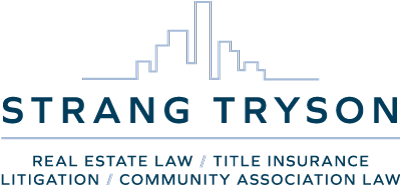In recent years, Florida’s condominium landscape has experienced significant shifts due to evolving legislation and market dynamics. Developers have increasingly pursued bulk purchases of older condo buildings, aiming to redevelop prime real estate. However, legal challenges and new regulations have introduced complexities to this trend.
Legal Challenges in Condo Terminations
A pivotal moment occurred in March 2024 when Florida’s Third District Court of Appeal sided with unit owners of Biscayne 21, a condominium in Miami’s Edgewater neighborhood. The court ruled against Two Roads Development’s attempt to amend the condo declaration to lower the termination threshold from 100% to 80% approval. This decision underscored the necessity for unanimous consent in certain condo terminations, complicating future buyout endeavors for developers. (Source: The Real Deal)
Market Dynamics and Developer Strategies
Despite legal hurdles, developers remain active in acquiring older condominiums, especially in areas with limited undeveloped waterfront land. For instance, billionaire Ken Griffin has been linked to the acquisition of units in Solaris at Brickell Bay, adjacent to his planned supertall tower in Miami’s Brickell district. Entities associated with Griffin have reportedly purchased nearly half of the units in the 22-story building, aiming for eventual control and redevelopment. (Source: The Real Deal)
Implications for Condo Owners
The surge in developer interest presents both opportunities and challenges for condo owners. While buyouts can offer financial relief, especially for those facing escalating maintenance costs due to new safety regulations enacted after the Surfside collapse, they can also lead to displacement and legal disputes. The Biscayne 21 case exemplifies the tensions that can arise when a minority of owners resist buyouts, leading to prolonged litigation and uncertainty. (Source: Politico)
Navigating the Evolving Landscape
For condo owners and associations, understanding the legal framework governing terminations is crucial. Florida law allows for condo termination with 80% owner approval, provided no more than 5% object. However, individual condo declarations may stipulate stricter requirements, as seen in the Biscayne 21 case. Engaging experienced legal counsel is essential to navigate these complexities and ensure that the rights and interests of all parties are protected.
At Strang Tryson, we specialize in Condo/HOA Law and are dedicated to guiding our clients through Florida’s intricate legal landscape. Whether you’re a condo owner facing a potential buyout or a developer seeking to understand your obligations, our team is here to provide expert advice tailored to your unique situation.





